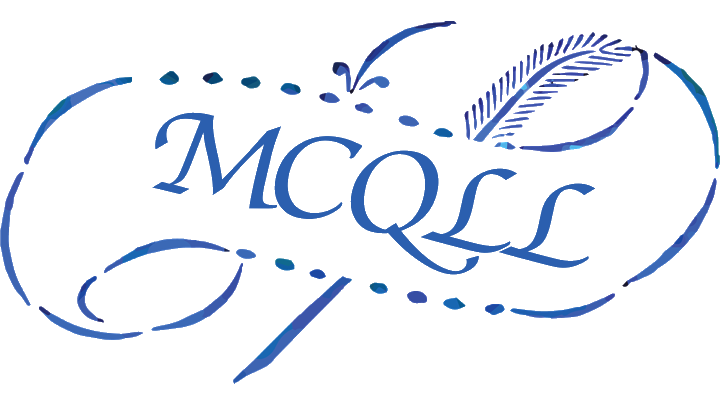Lab meeting - Amanda Doucette
At this week’s MCQLL meeting, Amanda Doucette will be presenting Phonotactic Complexity, Morphological Irregularity, Frequency, and Word Length: Towards Quantifying a Causal Relationship.
- When:
- Tuesday, November 7, 15:00–16:00 (Montréal time, UTC-5)
- Where:
- MCQLL meetings this semester are in hybrid format. We will meet in-person in room 117 of the McGill Linguistics Department, 1085 Dr-Penfield. If you’d like to attend virtually, the Zoom link is here.
All are welcome to attend.
-
- Speaker:
- Amanda Doucette
- Title:
- Phonotactic Complexity, Morphological Irregularity, Frequency, and Word Length: Towards Quantifying a Causal Relationship
- Abstract:
-
It has been claimed that morphologically irregular words are more likely to be phonotactically simple, and morphologically regular words are more likely to be phonotactically complex. This inverse correlation has been demonstrated in English for a small sample of words (Hay, 2000; Hay and Baayen, 2003; Burzio, 2002), but has yet to be shown for a larger sample of languages. Using 40 languages from UniMorph (Kirov et al., 2018) and information theoretic measures of phonotactic complexity and morphological irregularity (Pimentel et al., 2020; Wu et al., 2019), we show that within languages, there is no consistent correlation. Some languages show the negative correlation that has been hypothesized, some show a positive correlation, and some show no significant correlation. Furthermore, we note that other factors such as word frequency and length are known to influence both phonotactic complexity and morphological irregularity. We find that examining all four of these factors simultaneously creates a much more complex system that cannot be analyzed with pairwise correlations alone, and begin to examine possible causal models for the entire system.
